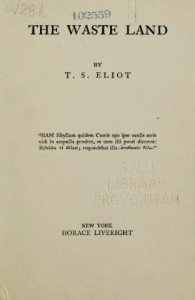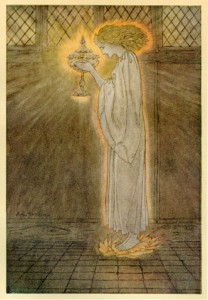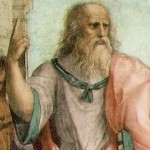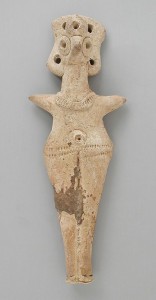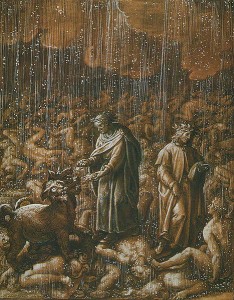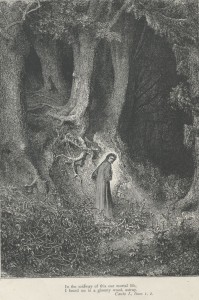 Have you heard the calling of your soul? Do you feel that you’ve been called to do, to be, something greater? This feeling, this calling, is your soul – your true self – telling you that your journey has begun.
Have you heard the calling of your soul? Do you feel that you’ve been called to do, to be, something greater? This feeling, this calling, is your soul – your true self – telling you that your journey has begun.
You must heed this calling or risk missing out on your entire life. You must become open, quiet and empty of the chattering of the mind to hear your call, to see clearly where you are and where your journey will begin. As French author Antoine de Saint Exupery said in The Little Prince, “Only children know what they are looking for.”
The Hero’s Quest
There is an old Greek saying that “the soul is the fingerprint in the wax.” When life is breathed into us, when our souls enter this world, they make an indelible impression upon us, and upon the entire universe. Michelangelo described the process of sculpture as freeing the form from within the block of marble.
This is an insightful description of our own life’s task – to free our authentic selves to live the life we were born to live from within the confines of the rules, orders and expectations placed upon us; this is the heart of our calling.
No matter whom you are, or where you are in your life, you must be ready and able to answer the calling of your soul, for it beckons you to begin the journey of a lifetime. Are you ready?
